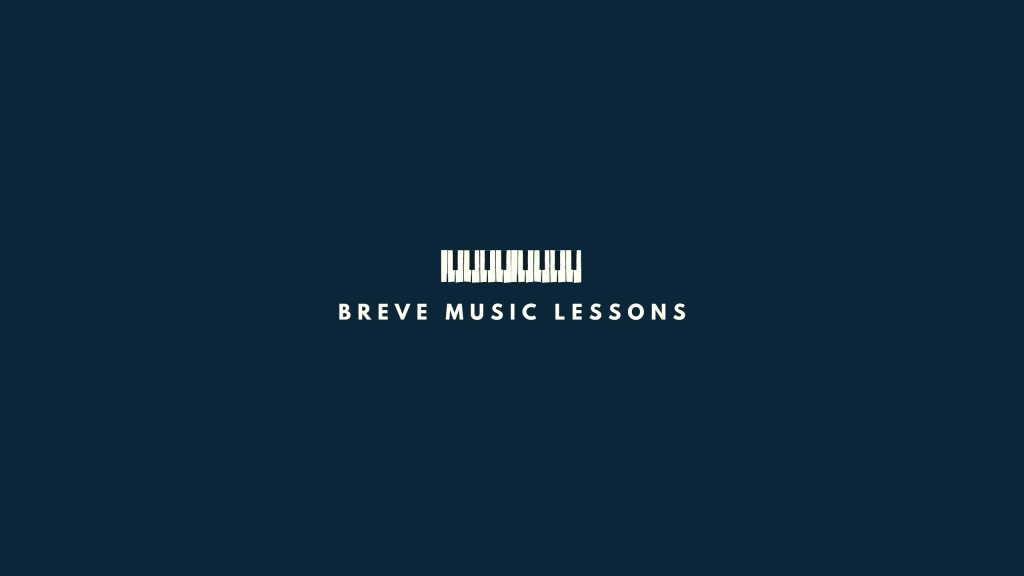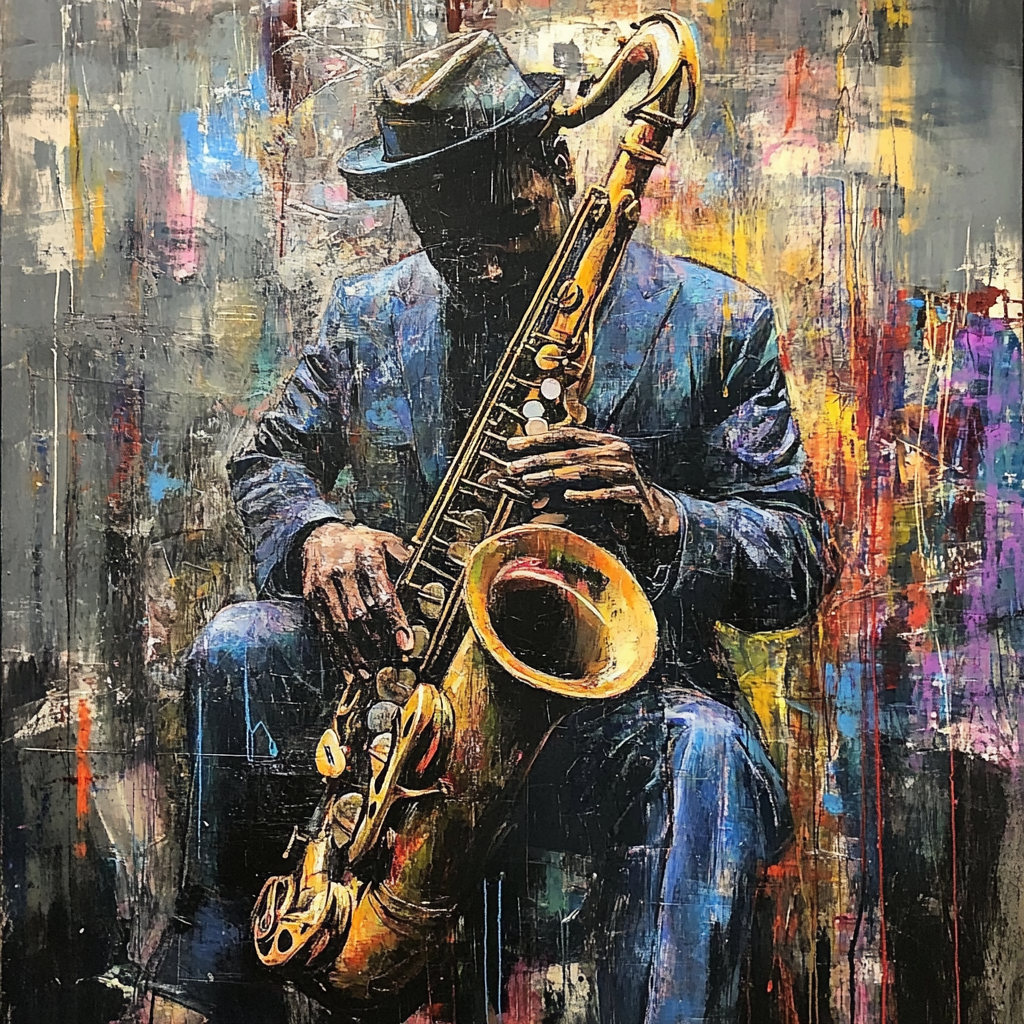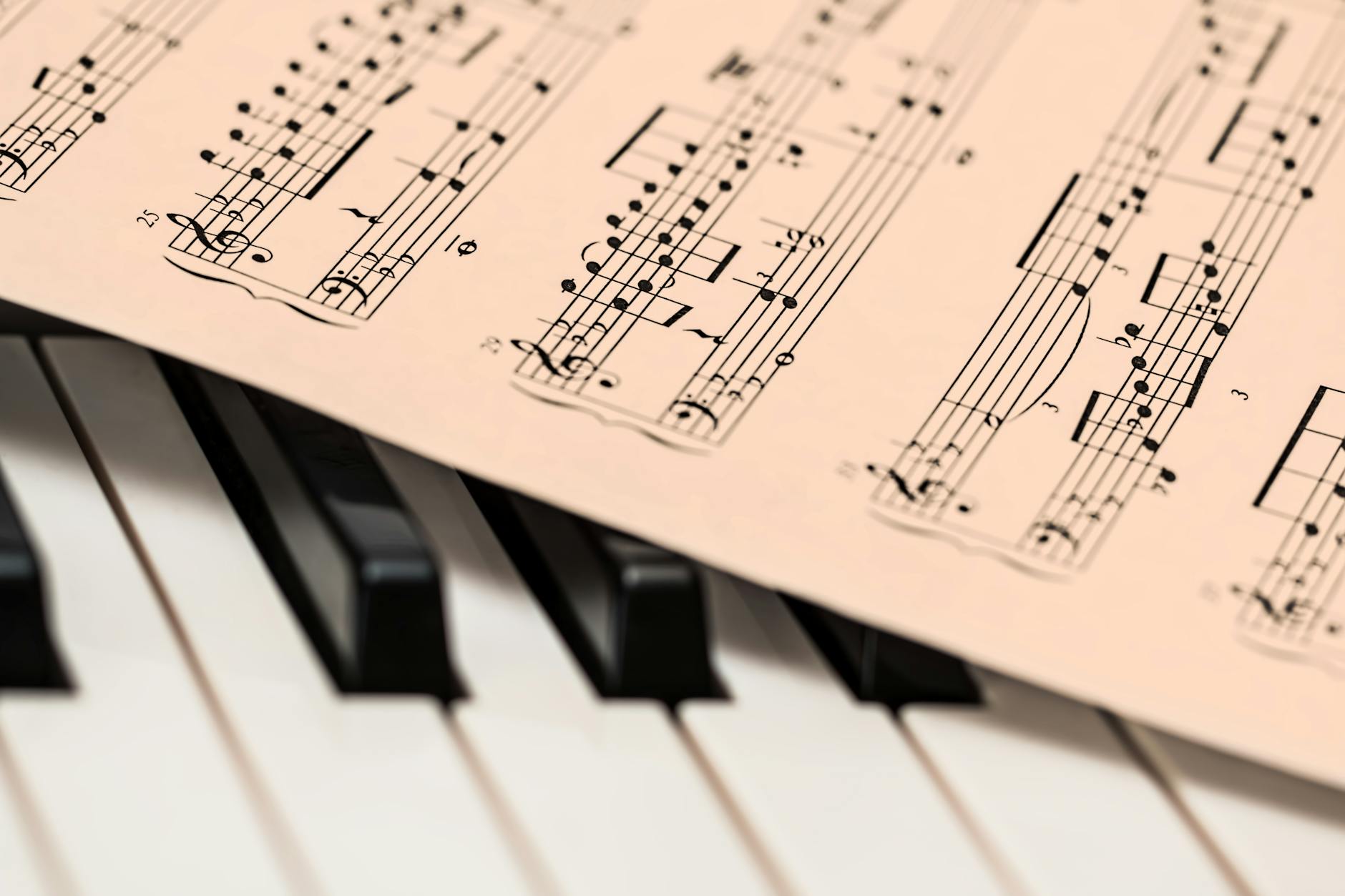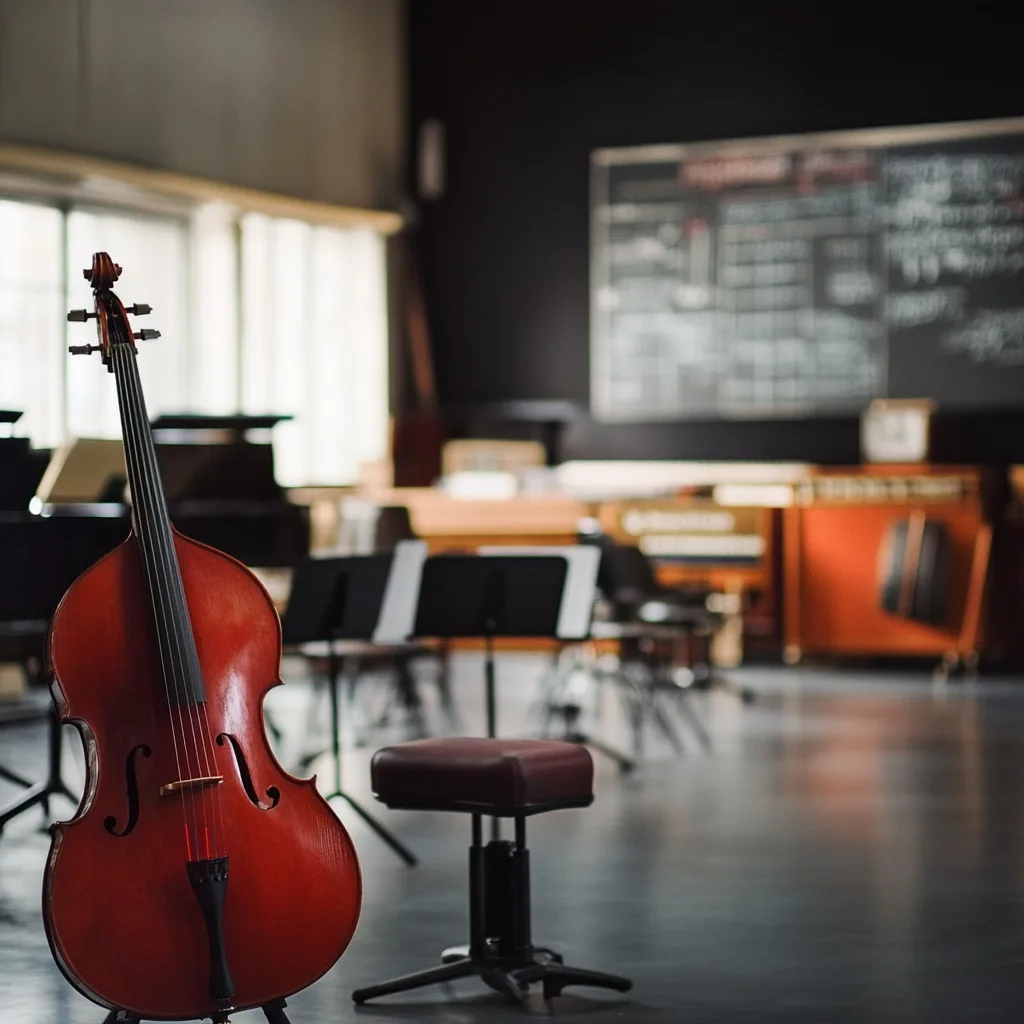Table of Contents
Why I Love Music Theory
Introduction
I have a secret to tell you. I absolutely love music theory! From the chord progressions to the tuning, I love all things music theory. Let share a few reasons why music theory can become something you enjoy too (if you don’t already).

Why I Love Music Theory
The Language of Music
Music theory is more than technical terms; it’s a universal language that musicians share. Knowing music theory allows me to connect with musicians worldwide, breaking down complex ideas into a common musical vocabulary. This shared language lets me understand the purpose behind each note, phrase, and rhythm, deepening my emotional connection to the music I love.
Structure and Patterns
Music is full of patterns, from chord progressions to rhythmic sequences. Music theory reveals these patterns, like the “circle of fifths,” which explains relationships between keys. Recognizing these structures gives me a greater appreciation for the music I hear, as I can trace the patterns that composers use to build their pieces.
Creativity
Music theory unlocks endless creative potential. With an understanding of scales, chords, and harmonies, I can improvise and compose freely. Knowing the rules makes breaking them even more exciting, as I can create music that’s unique yet grounded in technique. Music theory doesn’t limit creativity; it enhances it, giving me a framework to explore and innovate when I write music.
Understanding the Work of Great Composers
Studying theory allows me to appreciate not only classical legends like Beethoven but also contemporary artists. Music theory provides insights into the genius of composers across eras and genres, showing how they play with structure and harmony to create unique sounds. Whether it’s Bach’s counterpoint or Coltrane’s jazz improvisations, I can see the craftsmanship that makes each piece so impactful.
Practical Benefits of Music Theory Knowledge
Theory knowledge makes sight-reading and playing much easier by helping me recognize structures and patterns immediately. This knowledge helps me stay in sync with other musicians during collaborations, using shared terms like “key change” and “syncopation” to communicate ideas effectively. Theory knowledge brings clarity and efficiency to every musical interaction.
Music Theory as Lifelong Learning
Music theory is a journey with no endpoint. I can keep learning new scales, modes, and harmonic techniques that expand my understanding of music. This continuous learning journey keeps my passion for music theory alive, as I constantly discover new layers. Beyond just music, studying theory has also taught me patience and discipline, making it as much a personal growth tool as a musical one.
Conclusion
Music theory has transformed my connection to music by revealing its structure, enhancing my creativity, and deepening my appreciation for great composers. For anyone who loves music, diving into theory opens a whole new world of understanding and inspiration, making it a truly rewarding experience.
Additional Reading
More blog posts can be found here. Consider following Breve Music Lessons on Facebook and listening to the Breve Music Podcast.





